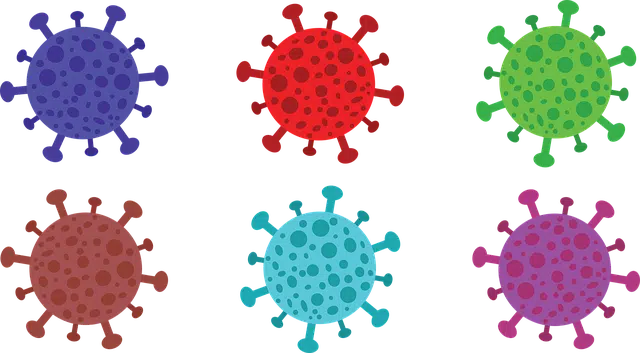
Virology is a branch of microbiology that is dedicated to the study of viruses.
The analysis of viruses is called virology . A virus, for its part, is an organism made up of nucleic acids and proteins that reproduces inside certain living cells.
It can be said that virology is part of microbiology : the specialization focused on the study of microbes (organisms that can only be seen through a microscope). Virology is also understood as a branch of biology linked to taxonomy .
What virology does
Virology, in short, is responsible for studying the classification, structure and development of viruses . Among the issues it analyzes are the diseases caused by viruses, their interactions with the host, their cultivation and isolation mechanisms.
Virology researchers investigate how each virus causes an infection . When a virus infects an organism, it invades it, causing a certain immune response, in addition to causing different types of damage to the host. Experts investigate this process and the way in which viruses replicate (that is, reproduce in the body).
In addition to focusing on viral pathogens , virology also examines the clinical signs that show that a virus is present in an organism and proposes methods to diagnose the infection. Simultaneously, this microbiology specialization carries out studies on vaccines and treatments against viruses.

The diagnosis and treatment of diseases caused by viruses are part of the orbit of virology.
Different points of interest
Let's see below these points of interest in virology and others, in more detail:
* viral replication cycle : the reproduction cycle of viruses usually consists of three phases, which are fixation and entry into the cell , eclipse , and multiplication and release . It is important to note that viruses are not composed of cells (they are acellular microorganisms ) and are not capable of replicating on their own, but must enter a cell and carry out the process there;
* viral pathogens : these are any microscopic infectious agent that is capable of causing disease or damage to another organism. Viral pathogens can reproduce inside the cells they infect, and this allows them to expand their attack exponentially in a short time. Given that fungi, protozoans and bacteria of microscopic dimensions do not require a host to live or reproduce, it is possible to say that pathogenic agents are viruses, and that is why their study is of such interest to virology;
* viral immunology : it goes without saying that if viruses were not capable of causing so much damage to our body, science would not study them so exhaustively. Getting to know the characteristics of each of them is only one part, since then comes research into our immune system , to know how to combat them. This considerable branch of biomedical sciences and biology also studies the functioning of the immune system when the body is healthy;
* vaccines : in relation to the previous points, virology also focuses on the development of vaccines, that is, biological preparations capable of providing active acquired immunity to a person or animal to deal with a particular disease. Generally, the vaccine includes in its composition an agent similar to the one that causes the disorder it combats. Upon contact with the immune system, the vaccine stimulates it to consider the agent as a threat and then proceed to destroy and record it to act more quickly the next time.
From all this it can be inferred that virology is part of the orbit of medicine , which is the science that, among other issues, is dedicated to studying how to preserve and recover people's health.
